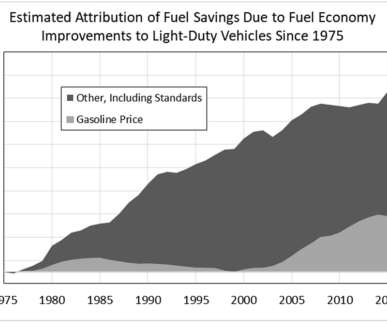GlobalData: COVID-19 puts EV sales and CO2 fleet emission targets at risk
Green Car Congress
APRIL 8, 2020
GlobalData research shows that lower oil prices as a result of the COVID-19 crisis could reduce electric vehicle demand and impair EU efforts to significantly reduce average new vehicle CO 2 emissions in the European car market. However, the amount of time taken to make up that price differential depends on the cost of fuel.






















Let's personalize your content